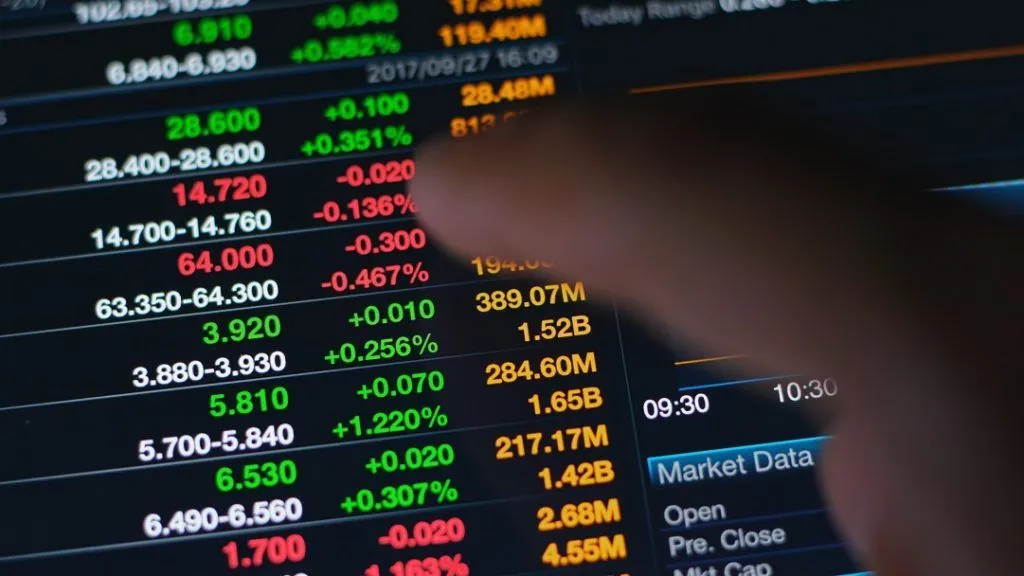What does a stock FOK order mean?

Stock trading in the UK is done through exchanges such as the London Stock Exchange (LSE). When you place an order to buy or sell shares or stocks, you must specify how this order will be executed. Knowing the different stock orders available to you when trading stocksis essential. One type of order is a FOK or fill-or-kill order. This type of order must be executed immediately in its entirety, or it will be cancelled. You can try placing a FOK order when trading stocks using this website.
Before using, there are a few key things to know about FOK orders
First, as mentioned above, they must be filled immediately, or they will be cancelled, which means that they won’t go through if there isn’t enough volume available to fill your entire order. FOK orders are typically only used in cases where time is of the essence. For example, if you need to buy a stock before the market closes, you can’t afford to wait around for partial fills. FOK orders can be more expensive than other orders because of their all-or-nothing nature. Your broker will likely have to pay a higher price to fill the order quickly.
What are the benefits associated with FOK orders?
There are a few benefits that come with using FOK orders when trading stocks. First, they provide certainty. When you place a FOK order, you know that it will either be filled or will not be. There is no waiting around for partial fills. Second, they can save you time. In cases where time is of the essence, FOK orders can quickly get you in and out of a trade.
Third, they can help you avoid slippage. Slippage is when the price moves away from the quoted price before filling your order, which can happen when there isn’t enough volume to fill your order immediately. With a FOK order, this risk is eliminated because your order will only be filled at the quoted price.
Are there any drawbacks associated with FOK orders?
FOK orders have a few drawbacks you should be aware of before using them as part of your trading strategy. First, as mentioned above, they can be more expensive than other orders. Second, they can be challenging to execute in fast-moving markets because there needs to be enough volume to fill your entire order immediately. If there isn’t, your order will be cancelled.
Third, they may not always get you the best price. Sometimes, it may make more sense to use a limit order instead. With a limit order, you set the maximum price you’re willing to pay (or the minimum price you’re willing to sell for), giving you more control over the price you pay (or receive), but it comes with the risk of your order not being filled.
Overall, FOK orders can be a helpful tool for traders in certain situations. However, before using them, it’s essential to understand their risks and limitations.
What other types of stock orders do UK traders use?
There are a few different types of stock orders that UK traders use.
Limit order
With a limit order, you set the maximum price you’re willing to pay (or the minimum price you’re willing to sell for), giving you more control over the price you pay (or receive), but it comes with the risk of your order not being filled.
Stop-loss orders
A stop-loss order is a stock order to buy or sell a security when it reaches a specific price. This order can help you limit your losses in a volatile market.
Market orders
A market order is buying or selling a security at the best price. This type of order is typically filled immediately.
Conclusion
FOK orders are stock orders typically used in cases where time is of the essence. A few benefits are associated with FOK orders, such as certainty and the ability to avoid slippage. However, there are also some significant drawbacks, such as the potential for higher costs and difficulty executing orders in a fast-moving market. When deciding whether or not to use a FOK order, traders should weigh the pros and cons carefully to ensure it is the best decision for their particular situation.


